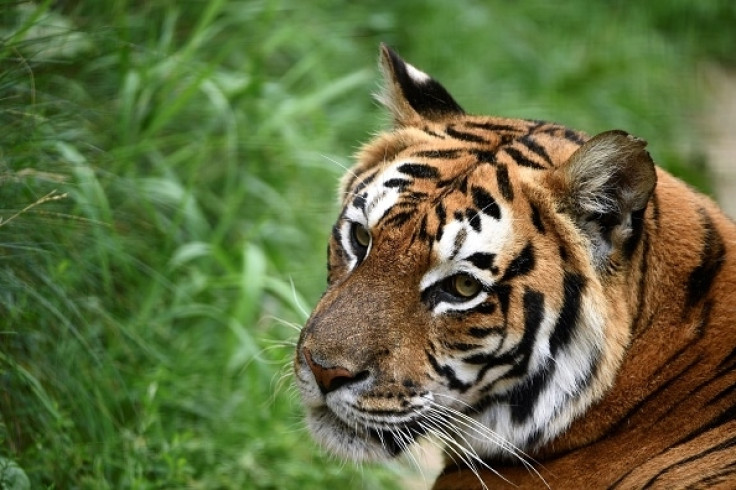Wild tigers will return to Kazakhstan, 70 years after being wiped out
Unprecedented reintroduction program will involve restoring vast areas of forest.

Kazakhstan has announced plans to reintroduce tigers back into their historical range, more than 70 years after they were wiped out in the region due to poaching and habitat loss.
The reintroduction program is being supported by the World Wide Fund for Nature (WWF) and, if successful, will make Kazakhstan the first country to bring back wild tigers to an entire region where they have not been seen for more than half a century. Similar reintroduction programs have only been carried out in areas that are considered their current habitat.
In addition, vast areas of forest in the Ili-Balkhash region will be restored and a new nature reserve will be created to accommodate the tigers, an unprecedented move for such reintroduction initiatives. This will help protect Lake Balkhash – one of Asia's largest lakes and an important water source – hopefully preventing it from going the way of the Aral Sea. Formerly the world's fourth largest lake, the Aral is now just 10% of its original size.
Other unique prey species – such as wild donkeys and Bactrian deer – will be also be reintroduced to provide food for the tigers, while existing species will be protected.
"Kazakhstan is moving along the path of green development. We are honoured to be the first country in Central Asia to implement such an important and large-scale project, that not only will bring wild tigers back to their ancestral home, but also protect the unique ecosystem of the Ili-Balkhash region," said Askar Myrzakhmetov, the country's minister of agriculture.
Since the beginning of the 20<sup>th century, wild tigers have lost more than 90% of their historical range, which included large swathes of Central Asia stretching from modern Turkey and Iran to north west China. Researchers estimate they once numbered around 100,000 whereas today, there are only about 3,900.
"The hard work remains ahead of us. We have to up our efforts to make this region ready for tigers and involve all stakeholders to make this happen. That means tackling poaching and illegal activities, having well-trained and equipped rangers, thriving prey populations and engaged local communities," said Ekaterina Vorobyeva, Director of WWF Russia's Central Asia programme.
© Copyright IBTimes 2024. All rights reserved.





